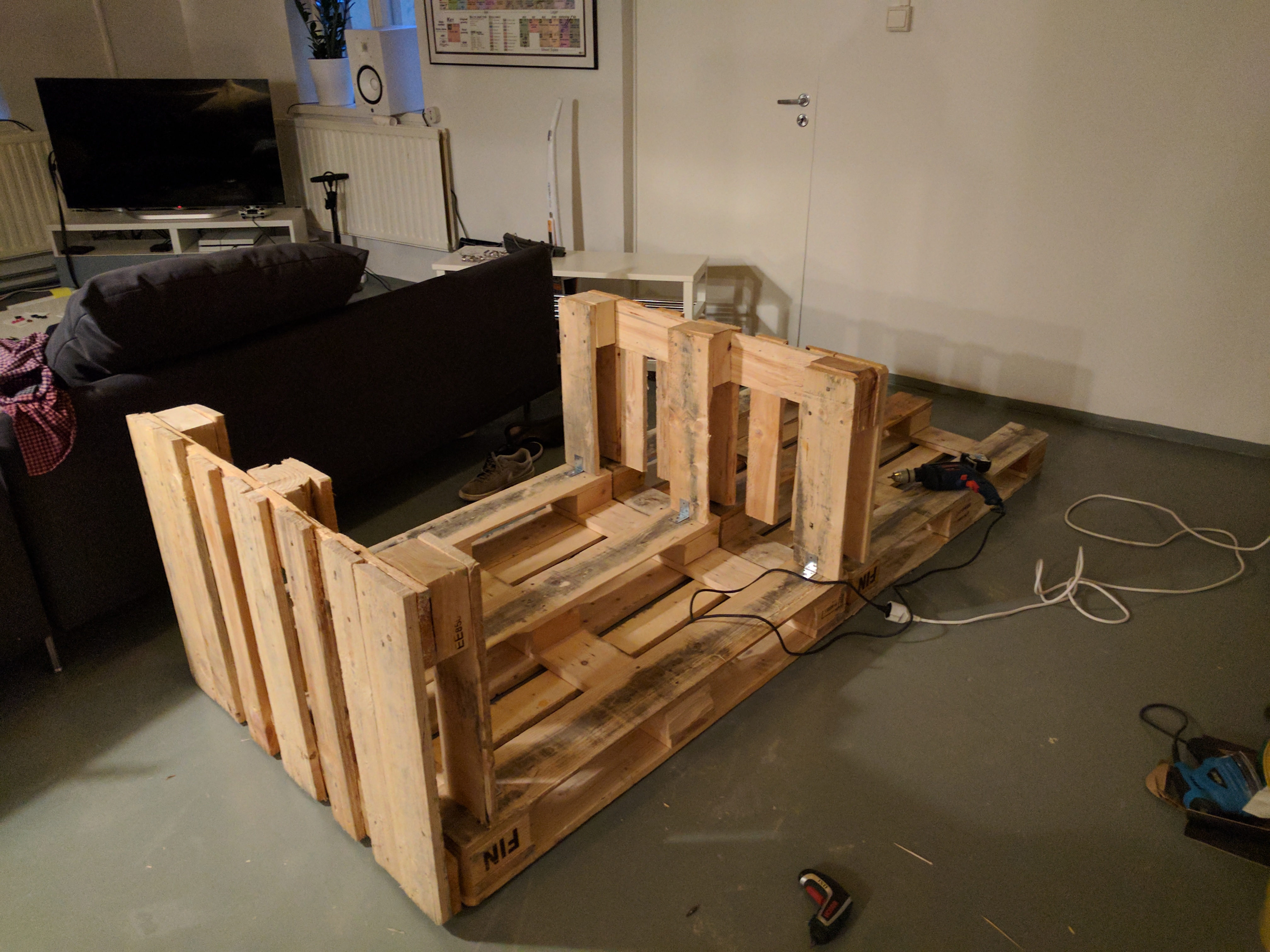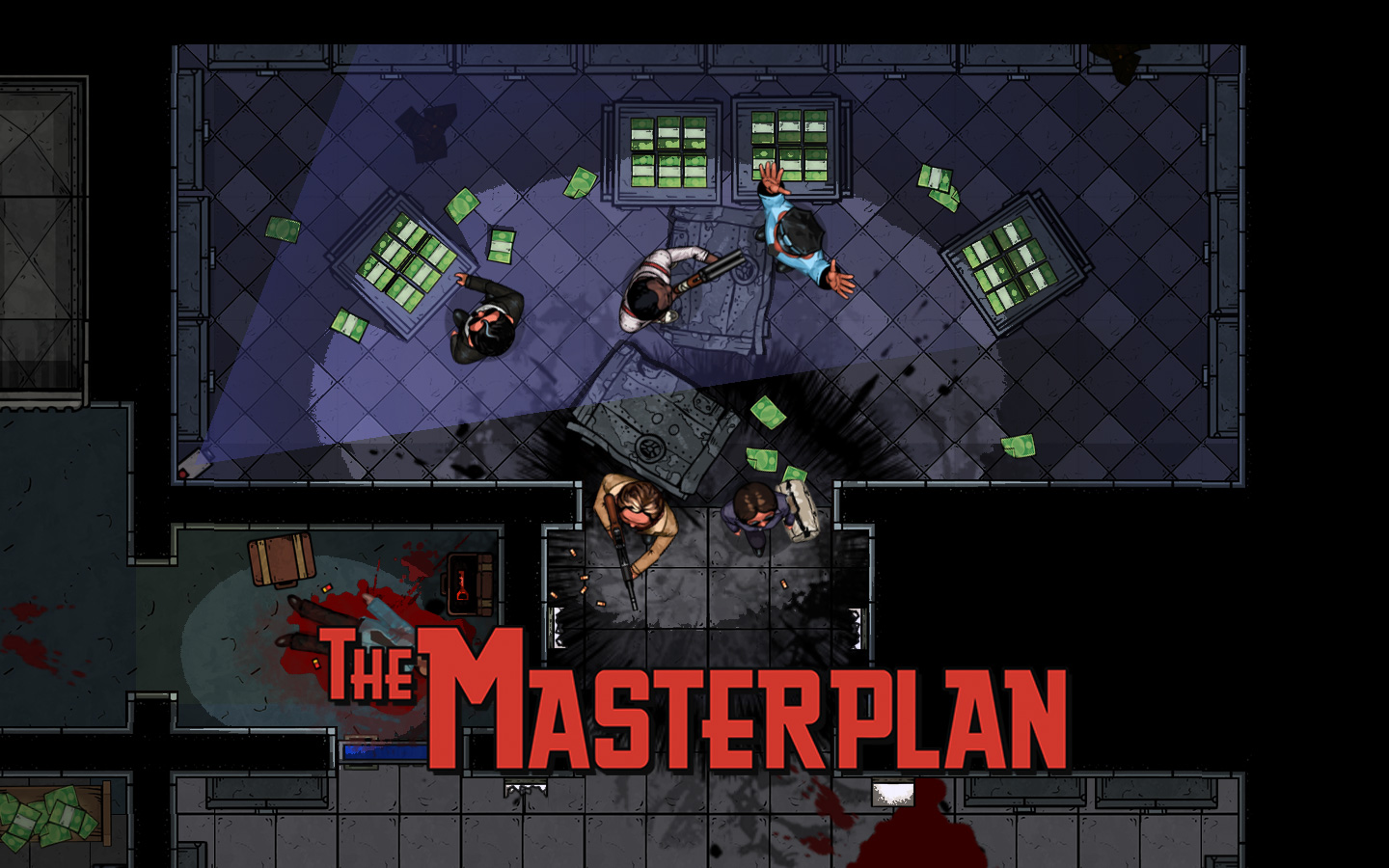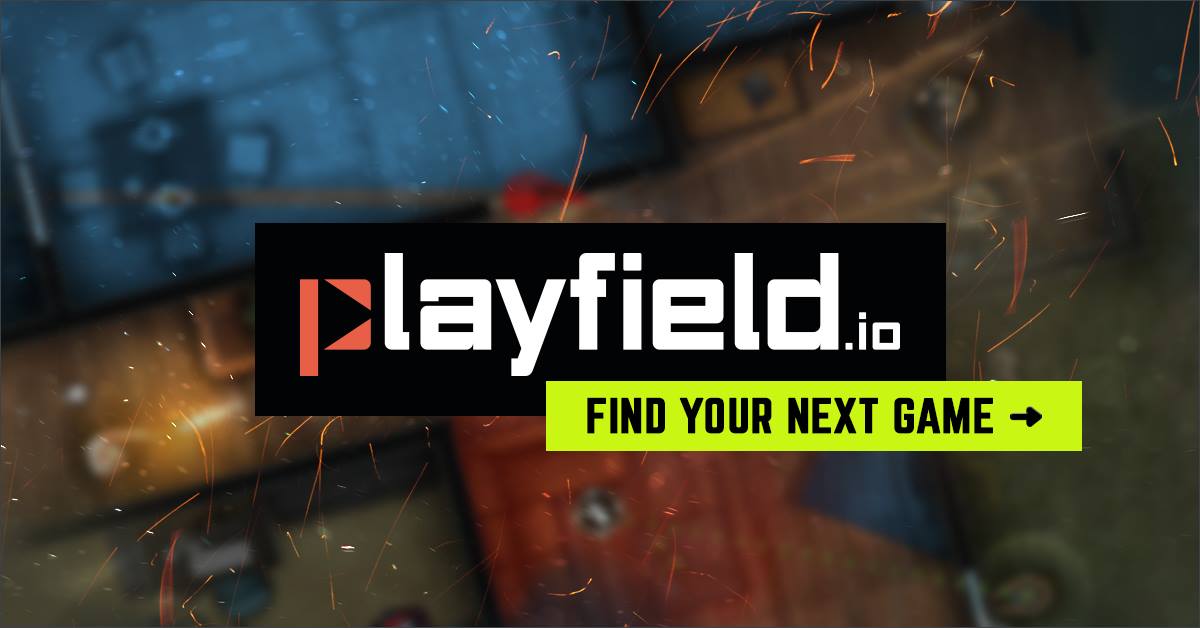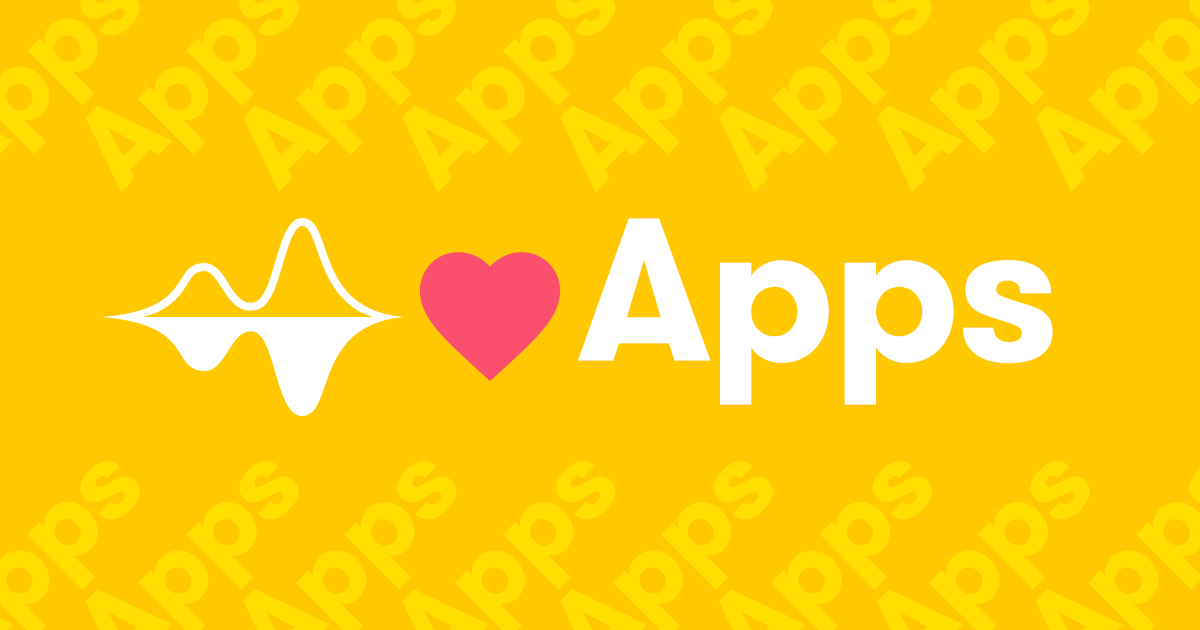It’s not every day you get to announce big new things. Three years ago we announced Matchmade to the world, as our first ever campaign went live on November 14th 2016. Our mission has been clear: to be the best influencer marketing platform for game developers, creators, and people who love games. But it won’t come as a surprise to those paying attention that we’ve always had broader ambitions – in fact, it was out there from the moment our brand identity and its various hypothetical sub-brands won a prize in the European Design Awards.

We started out with a team of six people in a (literal) basement in Helsinki, and have grown to an incredible team of 15 nationalities split between Helsinki, Berlin, Los Angeles and Shanghai.

In the ramp up to launching our next big thing, it was pointed out to me that most people on the team only know bits and pieces of the “origin story”, and talking about where we’re going next feels hollow if it’s not clear how we got here. So I promised to write it all up while I still remember most of the details. Gather around, and hear the saga of Matchmade… (or, scroll down to “Chapter 4” to read more about what we’re launching.)
Chapter 0: Rocket Pack
On the 3rd of March 2010, a company called Rocket Pack was founded, and on the 3rd of March 2011, it was acquired by the Walt Disney Company. What happened in between was a mad rush of writing code, pitching customers and investors, and an unlikely series of highly unusual events that we don’t have time to get into right now. What’s relevant to the Matchmade story is that we found ourselves at one of the biggest entertainment & media companies in the world with titles like “Lead Platform Developer” and “Vice President of Technology”.
Chapter 1: Shark Punch and The Masterplan
Couple of years passed, a lot of code was written, a lot of lessons were learned… And in the fall of 2013, a few of us felt like it was time to get out of the comfort zone and do something riskier. We were pretty sure we wanted to build something – like Rocket Pack – for game developers, but weren’t sure what. So we figured the best way to learn what developers needed today was to become one. And thus, Shark Punch was born. (The story behind the name is “if it’s a good name for a band, it’s a good name for a company” – and we later on found out that there indeed is a band called Shark Punch. No idea which one came first, but keep on rocking.)
We decided to build a game, and we decided we might as well build a game engine while we’re at it, handling all of the development, marketing and whatnot in-house with a team of 2-4 people. It worked out – we got to hit reset, we learned what developers were struggling with, and we shipped a game that (despite some obvious issues) we’re very proud of.

Chapter 2: Playfield
While promoting The Masterplan, we saw that the world had changed. The number of people playing games had exploded, and the number of people making games was rapidly increasing. However, the way people discovered new things seemed to be mostly based on who gets featured on the App Store or Steam. Although we figured out some creative ways to get more visibility on the Steam front page, this clearly wasn’t something we could provide to our fellow developers as a service…
So, we sat down to brainstorm. How do you discover new things? Recommendations from people you trust – social! Content you consume – media! What could we do with games and social media?
The first answer was called “Playfield” (something about leveling the playing field…) We created a “discovery service” for gamers, where we would automatically aggregate and analyse gaming-related content from different social media, and then use algorithmic wizardry to surface different pieces of content for different people, with the intent of helping them discover something new to play.
It worked, kinda. Through a series of harmless small decisions, we ended up with a monetization model that would’ve eventually put us in head-to-head competition with Steam, Google Play and the App Store, and we didn’t like the odds of that battle. We had made some bad business decisions, but we had also learned something important: consumers didn’t have a discovery problem. Companies did.

Chapter 3: The leading influencer platform for games
In the fall of 2016 – after three years or so spent building and shipping a game engine, a game, a content aggregation system, a game store, etc., we had to admit we’d built all the wrong things. Luckily, we had also gotten to know many game developers trying to find the right audience, and many budding influencers trying to grow their audience and to make a living playing games. We also had learned many things about the mass analysis of content and understanding what’s interesting and relevant to different audiences.
Money was short, and we almost had to close down the shop… but after some painful discussions ended up saying goodbye to many good friends and cutting the team back to just 6 people, moving to a crappy basement “office”, and spending the last euros we had left to build a prototype of this idea we had, where all of the things we’d built and all of the things we’d learned somehow seemed to click together.
We launched Matchmade three years ago, and it’s been pretty hectic.
Chapter 4: Launching a thing
It’s not every day you get to announce big new things. Today, we’re launching official support for non-gaming apps and expanding our supported channel set to include non-gaming channels.
As of today, we’re tracking and analysing almost two million non-gaming channels on top of the four million gaming channels we were already tracking, and this number is increasing rapidly. This has been made possible by our acquisition of Prompter.ai in the beginning the year, and all the work the team they joined and / or founded (affectionately called the “Dataforce”) has been doing on broadening our capabilities on the data front.
“During the past couple of months, we’ve been busy scaling the platform to accommodate the surge of channels we track. It has been great to see how well a lot of the analytics and models we’ve built initially for the gaming vertical, can be applied more broadly.” says Lauri from the Dataforce.
Game marketers are extremely data-driven and analytical, and we believe everything our campaign product team has built when it comes to matching, tracking and reporting is extremely useful for app marketers such as Opera and TikTok, who were the first pilot customers of Matchmade’s app campaign support.
We’ve built the best tool for end-to-end influencer marketing campaigns for games and apps, and an incredible global team to support our customers worldwide. And, obviously, we’re just getting started.
It’s not every day you get to launch a thing, but man does it feel good. I’m incredibly proud of the team and our dear customers and partners who made this possible, and I promise it won’t take three years until the next time we’re launching something! Stay tuned.
Want to learn more?




